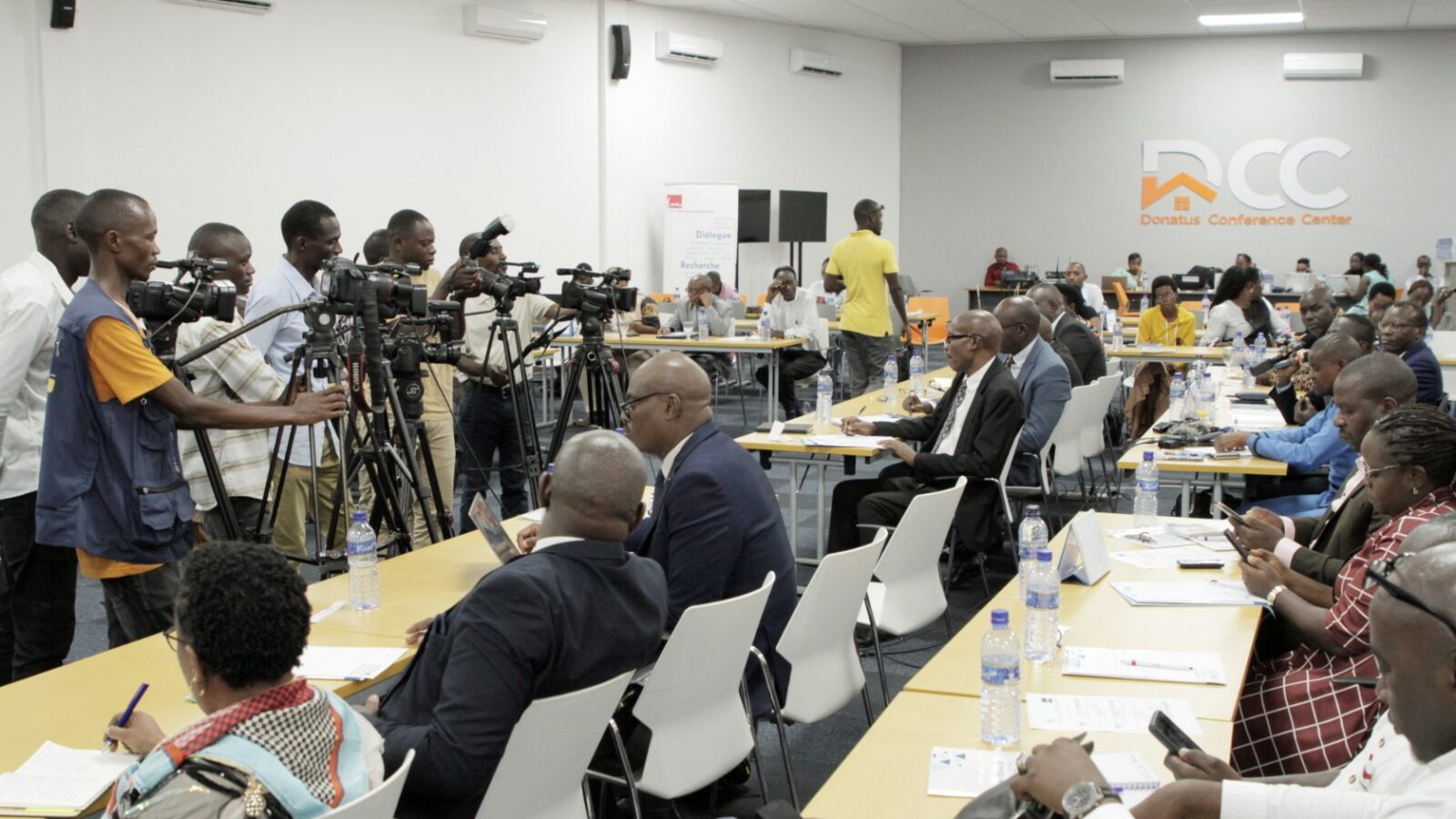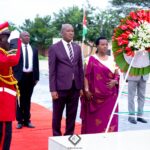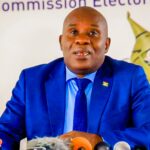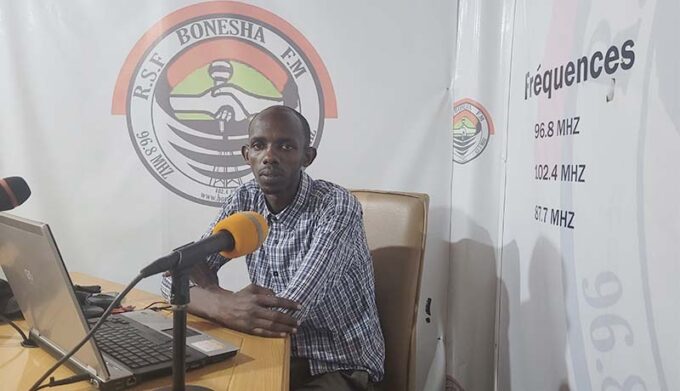Burundian civil society groups, politicians, and media professionals have called for stronger collaboration between public institutions and the press, emphasizing the pressing need to promote access to credible, transparent, and timely information. The appeal was made during a workshop organized by the Conflict Prevention and Resolution Organization (CENAP) in the economic capital Bujumbura last week.
The gathering brought together journalists, institutional communicators, and provincial authorities to discuss the state of the Burundian media and the growing mistrust between information holders and the press.
“There are challenges, often linked to a lack of trust, transparency, or fear of manipulation,” said Liberate Nakimana, Chairperson of CENAP. “However, there is also a shared willingness to strengthen collaboration. These exchanges confirmed the urgency of ensuring the Burundian population has equitable access to objective, professional, and reliable information—especially as the 2025 elections approach.”
Media professionals voiced frustration over frequent challenges in obtaining information from government institutions. Charles Makoto, Director of Radio Isanganiro, described the bureaucratic hurdles journalists face when seeking official reactions.
“Sometimes you go to ask a governor a question, and they refer you to the ministry spokesperson. But when you reach the spokesperson, they say the governor should’ve answered,” Makoto explained. “This back-and-forth wastes time and makes us question whether they genuinely intend to share information.”
Gabriel Banzawitonde, President of the opposition party APDR, criticized inactive government websites and the general reluctance to share public information.
“There are ministry websites that go for months without updates. It makes you wonder: is the Minister doing nothing?” he said. He also lamented the absence of investigative journalism in Burundi. “Today, citizens are suffering, but there are no local investigative reports. Only foreign radio stations seem to cover these issues.”
Jean de Dieu Ndereyimana, Secretary-General of the political party CODEBU-Iragi rya Ndadaye, added that political interference further undermines the quality of journalism. “Due to deep political infiltration, public officials often sidestep questions depending on the political environment. It makes practicing journalism extremely difficult.”
In response to the concerns, Laurent Kaganda, Deputy Chairperson of the National Communication Council (CNC), stressed the importance of balanced reporting and encouraged public institutions to proactively provide information.
“If a journalist publishes a story without source input, it can lead to unbalanced reporting and legal consequences,” Kaganda said. He also condemned the practice of charging journalists for access to public information. “Information is a public good, not a product for sale.”
Calls for more proactive solutions also came from civil society actors. Rémy Havyarimana, Chairperson of Maison Lueur d’Espoir, proposed launching a digital platform—such as a WhatsApp group—to connect journalists with state institutions and editors to ease information exchange. He further emphasized the need for financial support and equipment in newsrooms.
“A journalist without proper tools cannot be expected to deliver quality investigative reports. It’s like asking someone to carry a heavy burden with bare hands,” Havyarimana said.
Arthémon Muntunutwiwe, Secretary-General of the anti-corruption watchdog OLUCOME, echoed the concern, citing the lack of field access due to limited resources.
Government Spokesperson Jérôme Niyonzima — a veteran journalist who also participated in the workshop — acknowledged the lack of trained personnel in many newsrooms. “Some journalists have received only basic training, and others none at all. This limits the role of the media in building an informed society,” he said, calling for technical and financial investment in the media sector.
The concerns come at a time when the Burundian media landscape is still reeling from the aftermath of the 2015 political crisis. Following the unrest, several private media outlets were shut down or destroyed, while others went into exile. Although digital platforms and a new generation of journalists have since emerged, questions remain over the competence and training of interns and young reporters.
Despite the country’s legal framework guaranteeing access to information, the right remains elusive for many Burundian journalists. In March, Finance Minister Nestor Ntahontuye drew heavy criticism after refusing to provide information to independent media outlets—an incident that reignited debate over press freedom and transparency.





Leave a comment